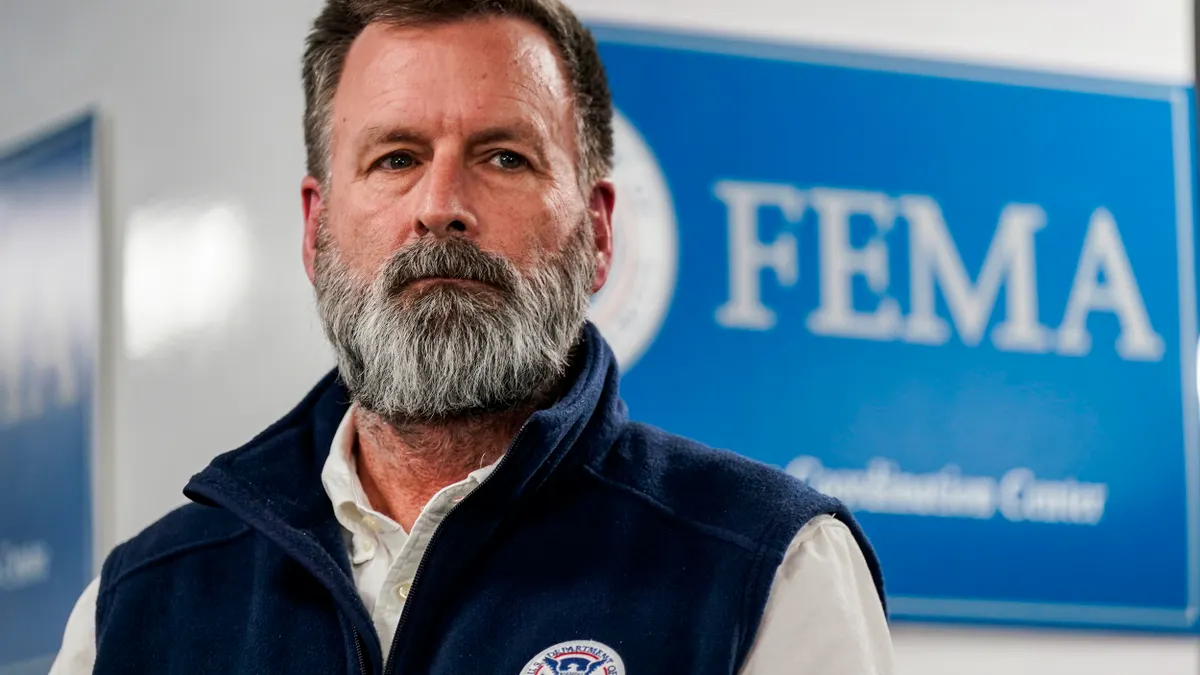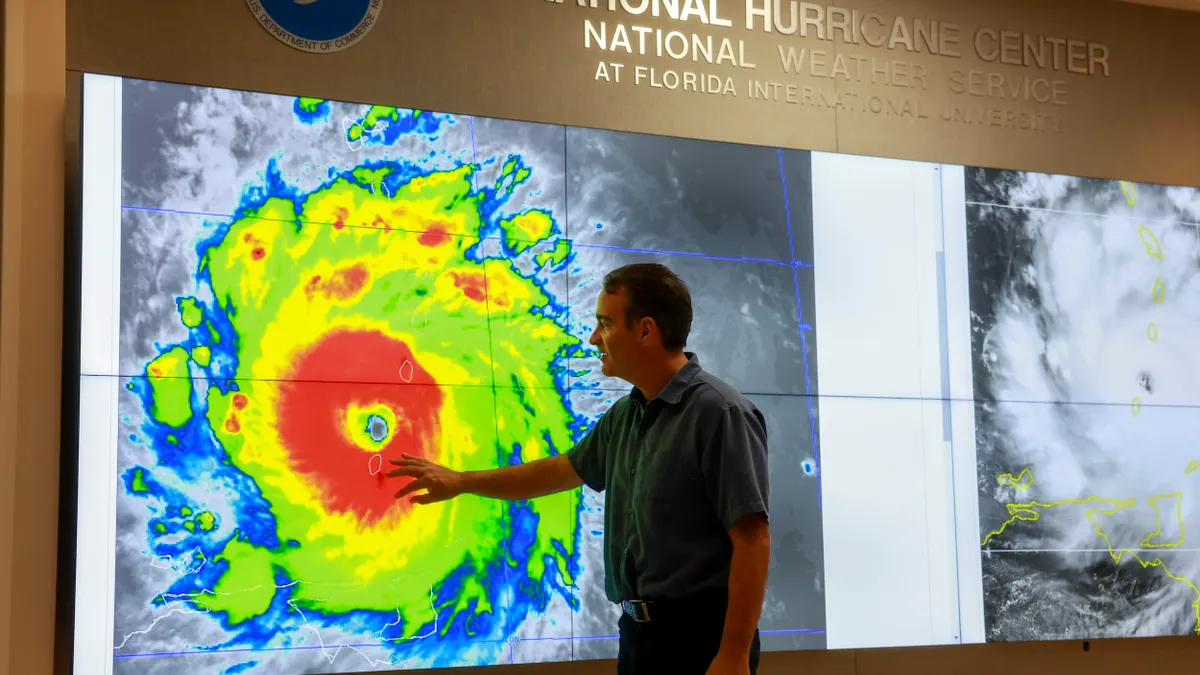Editor's note: This article was originally published in American City & County, which has merged with Smart Cities Dive to bring you expanded coverage of city innovation and local government. For the latest in smart city news, explore Smart Cities Dive or sign up for our newsletter.
Cities and counties need a sturdy support structure on the path to sustainability, says Sherry-Lea Bloodworth Botop, chief resilience and sustainability officer in Birmingham, Ala. “One of the keys to achieving sustainability goals is by developing a comprehensive framework that can help communities become more resilient.” She notes that the Mayor’s Office of Resilience and Sustainability in Birmingham is working to develop a solid support structure for all things sustainable.
“Our framework will enable the community to become more resilient to acute shocks such as natural disasters, infrastructure failures or economic shifts. This plan will also address systemic stresses such as inequality, lack of affordable housing and inaccessible public transportation.” Bloodworth Botop adds that her city’s sustainability initiatives target a few key areas: “By focusing on enhancing public safety, strengthening emergency response systems and ensuring the security of all residents, this approach aims to create lasting sustainability by addressing both immediate and systemic challenges.”
Bloodworth Botop believes there are a couple of paths that can help local governments achieve fast sustainability wins. “By improving infrastructure resilience and disaster preparedness, cities can create immediate benefits that also set the foundation for long-term sustainability.”
She notes that strengthening public safety and emergency response systems can be part of these initiatives to save the planet. “Enhancing systems that protect residents and ensure public safety builds resilience in the face of future challenges, while simultaneously promoting the broader goal of sustainability.”
Bloodworth Botop tells Co-op Solutions that cities should conduct their sustainability efforts with equity and inclusion at their core. Here is one characteristic she sees in the sustainability program in her own city: “Recognizing the rich diversity of Birmingham, the plan views actions through the lens of social equity, cultural preservation and economic empowerment. It is vital for sustainability initiatives to address systemic disparities, uplift marginalized communities, and ensure that all residents — regardless of race, ethnicity or socioeconomic status — benefit from sustainable growth, resilient infrastructure, and access to renewable resources.” She offers this conclusion: “By making investments that support both the environment and the community's quality of life, cities can create opportunities for all.”
Bloodworth Botop says more cities are prioritizing sustainability leadership and structured resilience planning within their administrations. “In Birmingham, this shift is exemplified by the creation of the chief resilience and sustainability officer role. This is a new position within the city’s government aimed at accelerating climate-centric solutions.”
She notes that the growing recognition of the need for dedicated sustainability officers reflects a wider understanding that sustainability must be an integral part of government planning. “The National Resilience Initiative, which I created and led, helped to establish this global shift with the launch of the 100 Resilient Cities program. As more cities adopt similar frameworks, sustainability is becoming a fundamental part of urban governance worldwide.”
Bloodworth Botop predicts that the future of sustainability in her city will rely heavily on collaboration. “Moving forward, collaboration will be key as we work together with departmental leaders, agency partners, residents and other stakeholders to create a more sustainable and resilient Birmingham.”
This week Birmingham officials announced that they will develop a sustainability plan for the city. The announcement noted that the Birmingham Sustainability Plan “will be a strategic roadmap for creating a healthier, more resilient and economically vibrant future for the city’s residents, business owners and community leaders. This initiative will address Birmingham’s environmental challenges, strengthen economic opportunity, and improve the overall quality of life across the city.”
The Mayor’s Office of Resilience and Sustainability, in partnership with the Department of Planning, Engineering and Permits will be involved in the planning process. Lotus Engineering & Sustainability will serve as project planners and Hummingbird will serve as the lead for community engagement.
Urban heat islands, stormwater management, energy efficiency and green job creation are some of the pressing issues that will be addressed in the Birmingham Sustainability Plan — all while ensuring that Birmingham’s growth is sustainable and inclusive.
Project kick-off is scheduled for this spring, and the project will start with a comprehensive community engagement effort. The goal is to have the plan completed by April 2026.
OMNIA Partners, who sponsors this page, offers a robust portfolio of cooperative contracts in the public procurement space. The firm lists a number of cooperative contracts under the keyword “sustainability.”



















